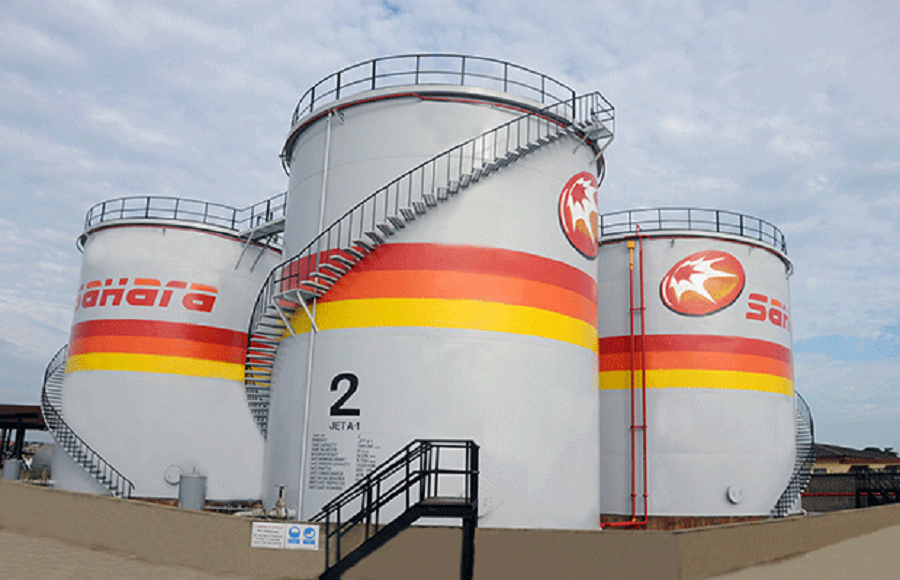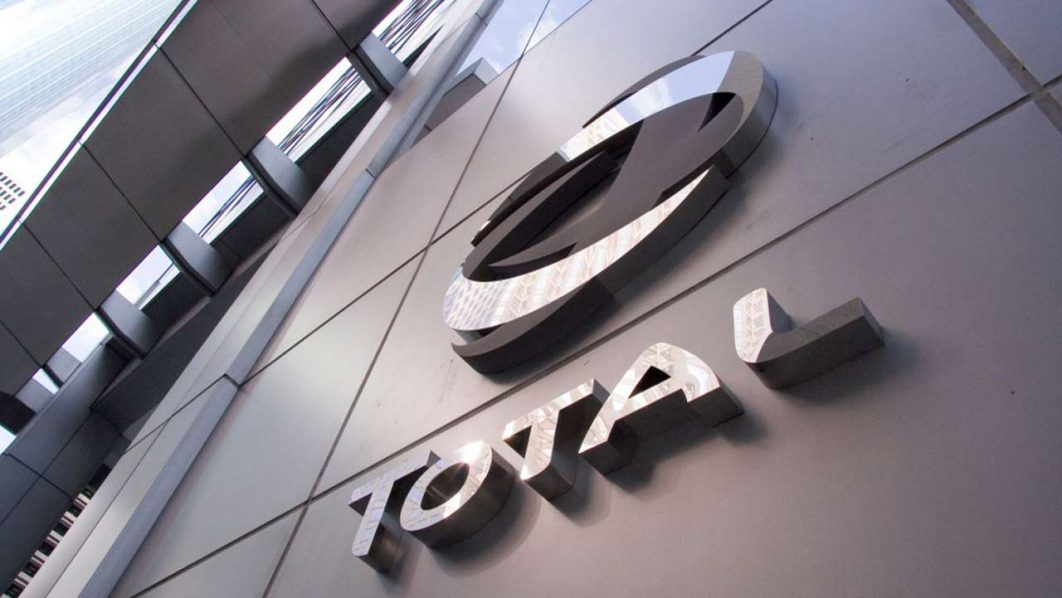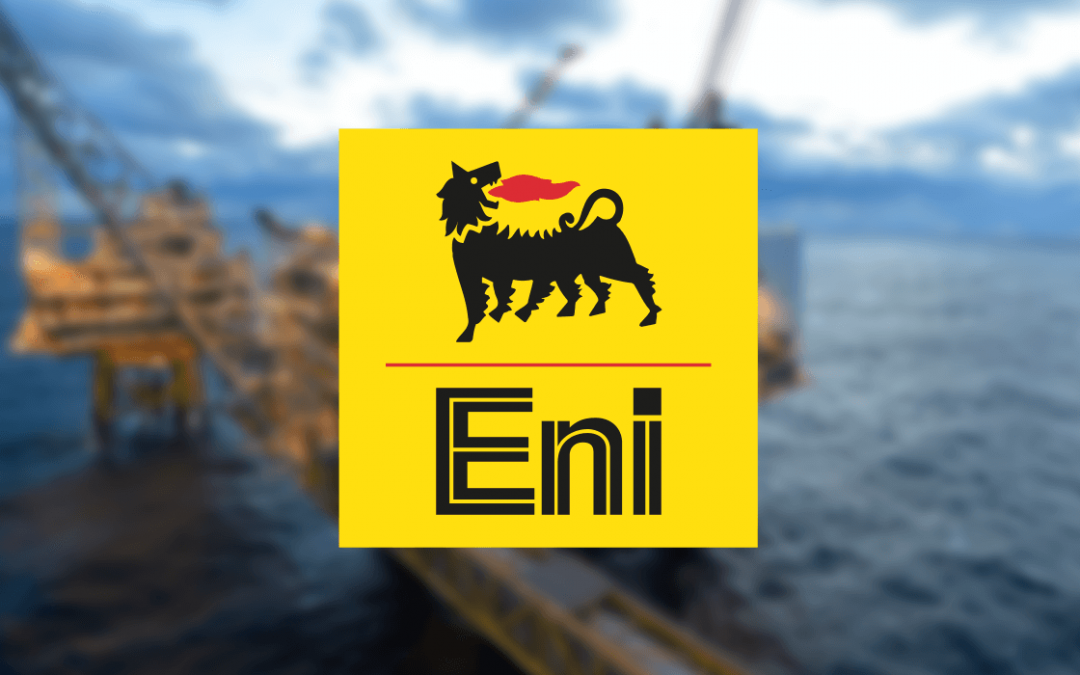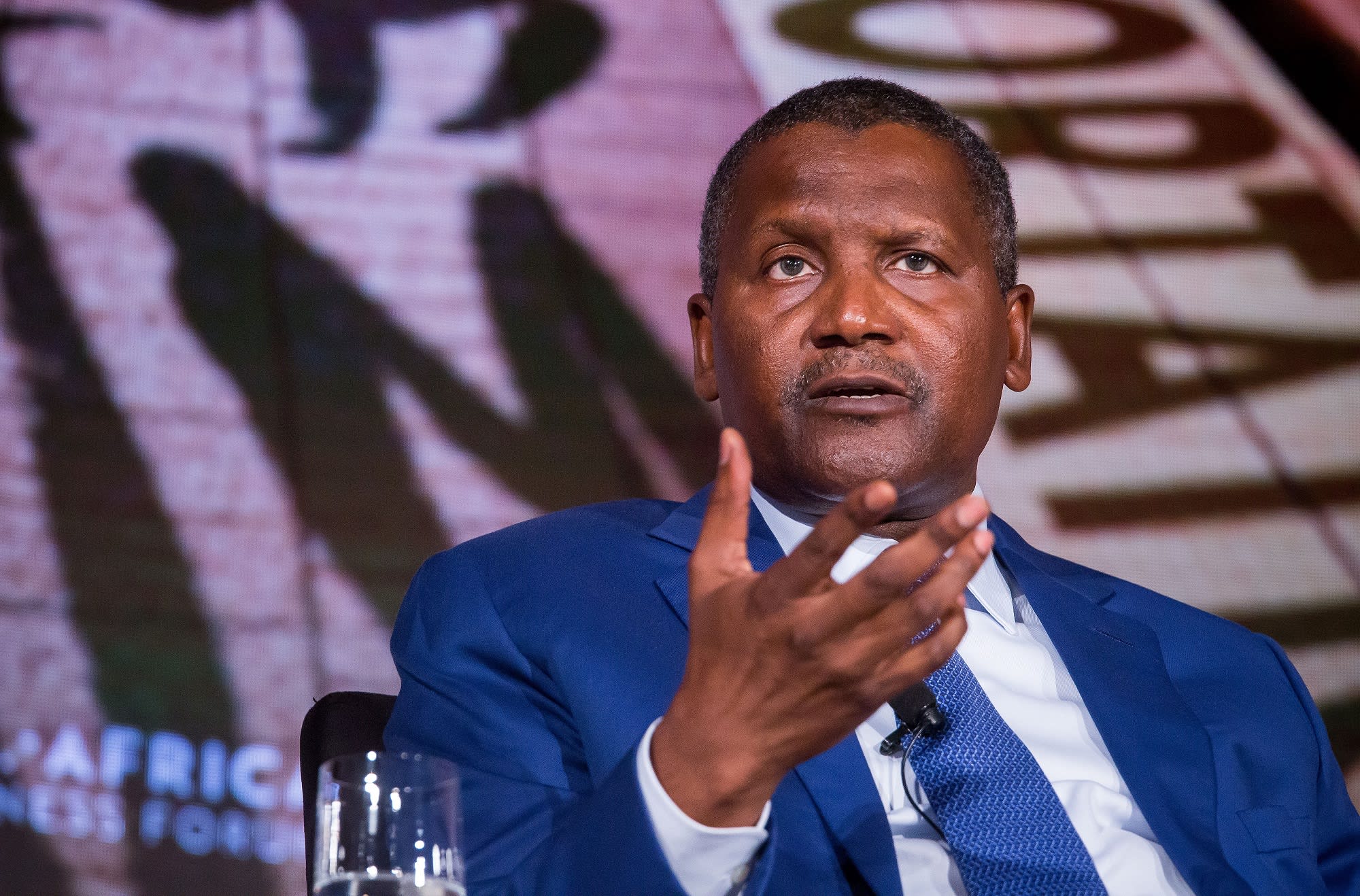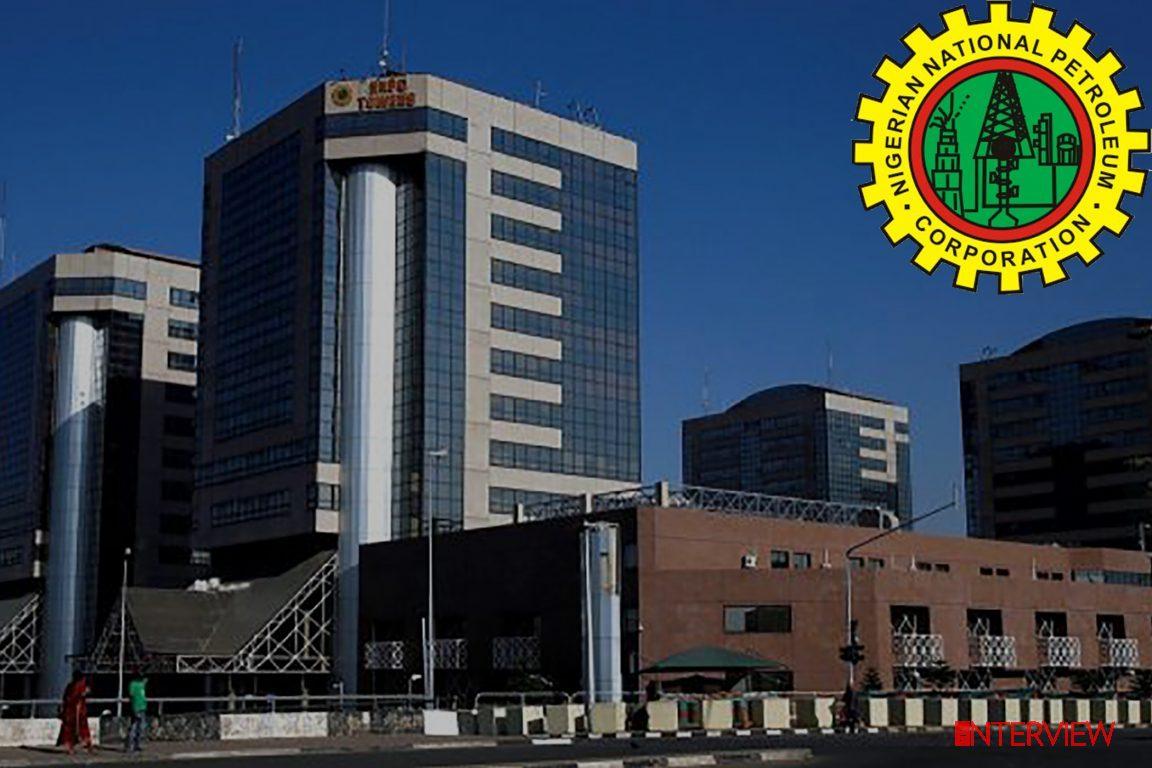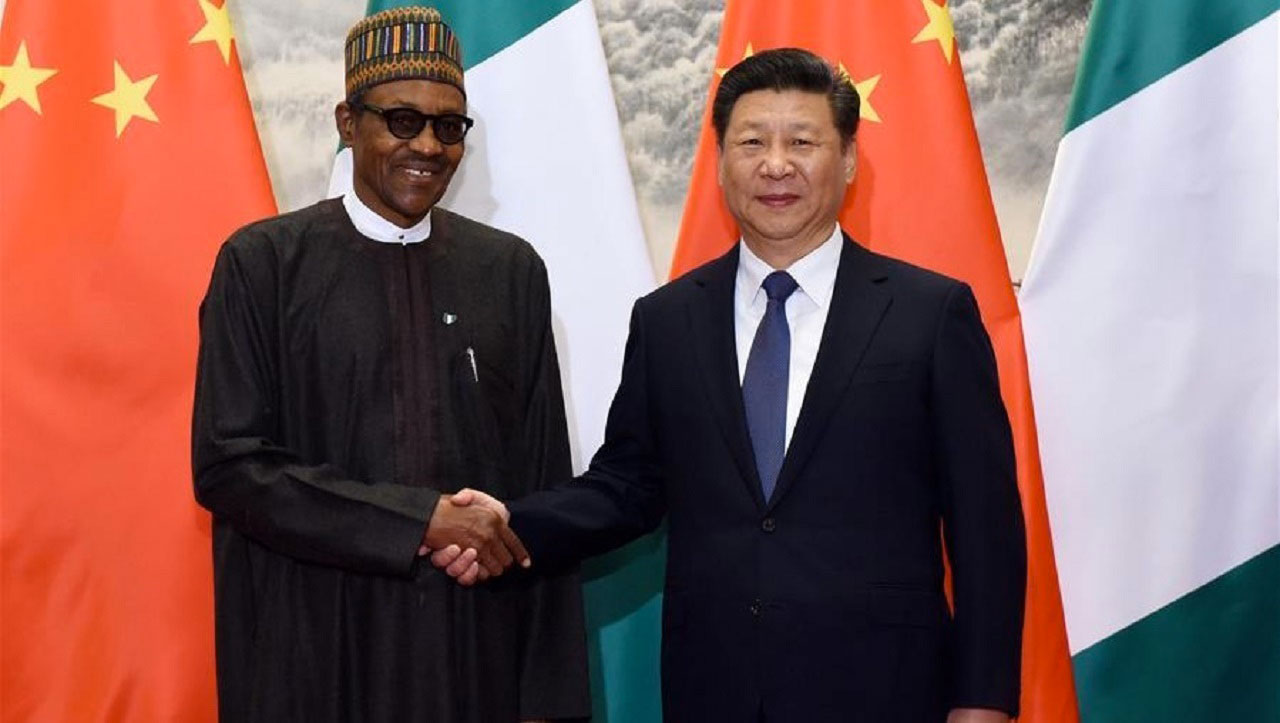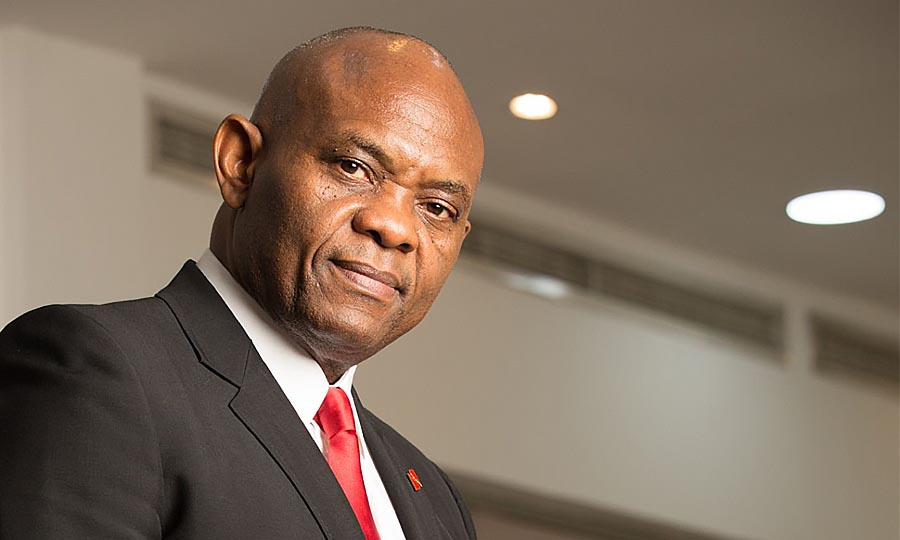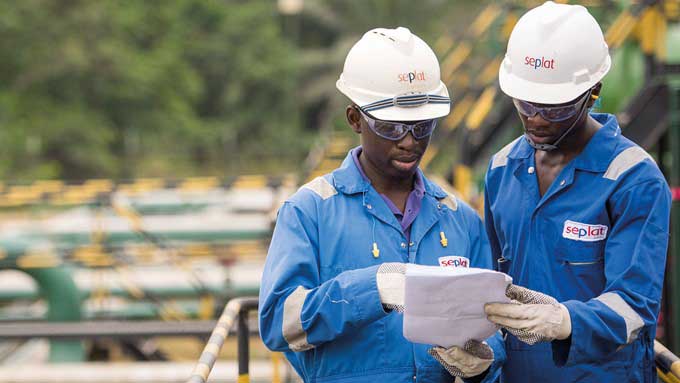“The bunker market during 2020 has had to deal with a number of challenges. At the beginning of the year, we had the IMO 2020 specification change, then following the COVID-19 pandemic, global demand and bunker markets around the world have been impacted in different ways. Hopefully, 2021 will see a return to normality and Fujairah can see growth,” he added.
Launched in 1978 and fully operational in 1983, the Port of Fujairah is the second-largest bunkering hub in the world after Singapore. It offers general cargo, bulk cargo, wet bulk cargo, and container services. The port has a vast oil storage capacity of 10 million cubic meters with plans to enhance productivity through the extension of the storage capacity to 42 million barrels of crude oil.
He asserted that as a leading player in the UAE oil and gas sector, Sahara Energy would continue to promote investment projects aimed at ensuring the availability of clean fuels.
“Sustaining strategic and transparent conversations around the future of the energy sector requires the commitment and collaboration of all stakeholders. Sahara Energy and its parent organization, Sahara Group are delighted to lend its voice to shaping the future that will best serve global well-being.”
Laven who will be speaking on Risk Management and Oil Storage alongside other speakers said the issue of price remained critical to risk management considerations in oil and gas transactions. “But the strategy of investing in flat price without managing the price risk carries a significant amount of risk. When investing in oil, a combination of appropriate risk management and trading market structure and arbitrage can still generate material returns,” he said.


